Press release -
DRESS FOR CHANGE – ARMEDANGELS CHANGEMAKER
With the new feminine, flowy, and super-light summer dresses, the fair fashion company ARMEDANGELS focuses once again on one of its most important materials, Lenzing TENCEL™. With its lyocell fibres made from sustainably grown wood, this has been a go to for the brands since the beginning.
For this very special TENCEL™ Dresses campaign, ARMEDANGELS travelled to Togo to meet a new generation of influential Togolese entrepreneurs that are empowering women to take political and environmental change locally and globally into their own hands. Wearing flowing, lightweight summer dresses, the spotlight is put on the inspiring changemakers, celebrating their commitment to female empowerment, leadership, environmental protection, and culture.
Changemaker Stories - How women in Togo are changing the world
Togo has the largest percentage of women in leadership positions across Africa. For the campaign, female leaders from a wide range of backgrounds met and changed into their favorite dresses from the ARMEDANGELS TENCEL™ Dresses Summer 2022 collection.
The TENCEL™ Dresses by ARMEDANGELS are made of lyocell fibres, produced in a closed-loop system. And the highlight? These Carbon-Zero dresses are made from CO2-neutral TENCEL™ which means emissions generated during production are reduced and unavoidable emissions are compensated.
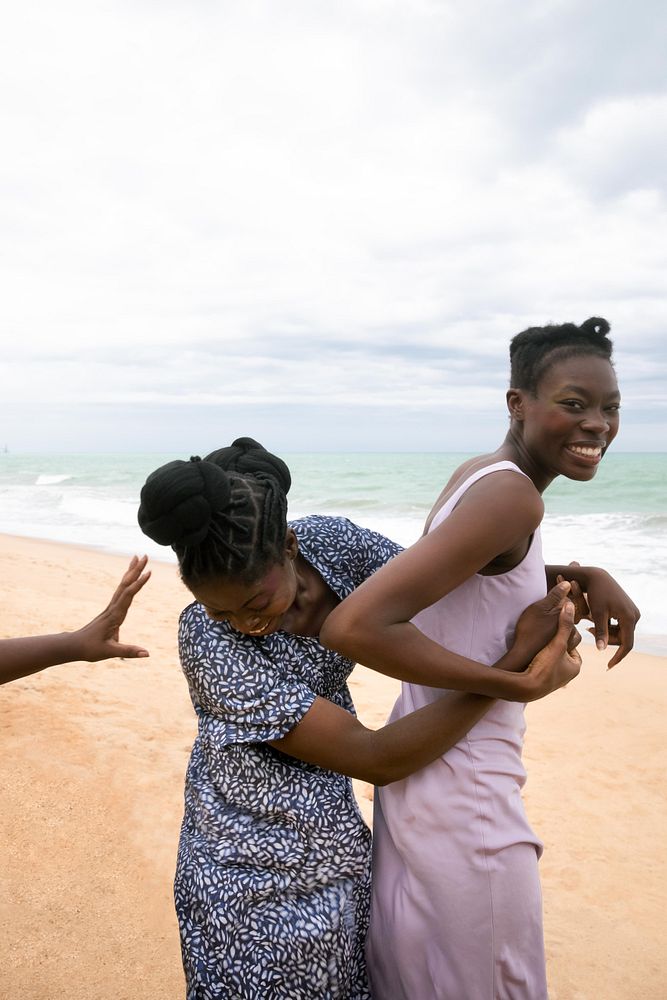
For the impressive pictures, the Female Leaders came together with the photographer Delali Ayivi, a Togolese-German photographer based in London and Lomé. The photographer has already made a name for herself internationally with awards from the Italian Photo Vogue Festival and the Photography Prize of the National Portrait Gallery. In order to offer young African artists a platform for knowledge exchange and networking, she founded the project Togo Yeye together with her friend and creative partner Malaika Nabillah. About finding the courage to change things, Delali says:
“It can feel overwhelming to think about it because there are so many things that need to change. So, I think the best mentality is focussing on your corner of the world and finding something that drives you and then you can move from there. For Malaika and I, our big dream is to strengthen the creative community in Togo so that it can have more chances internationally.”
Meet Togo's Changemaking Women
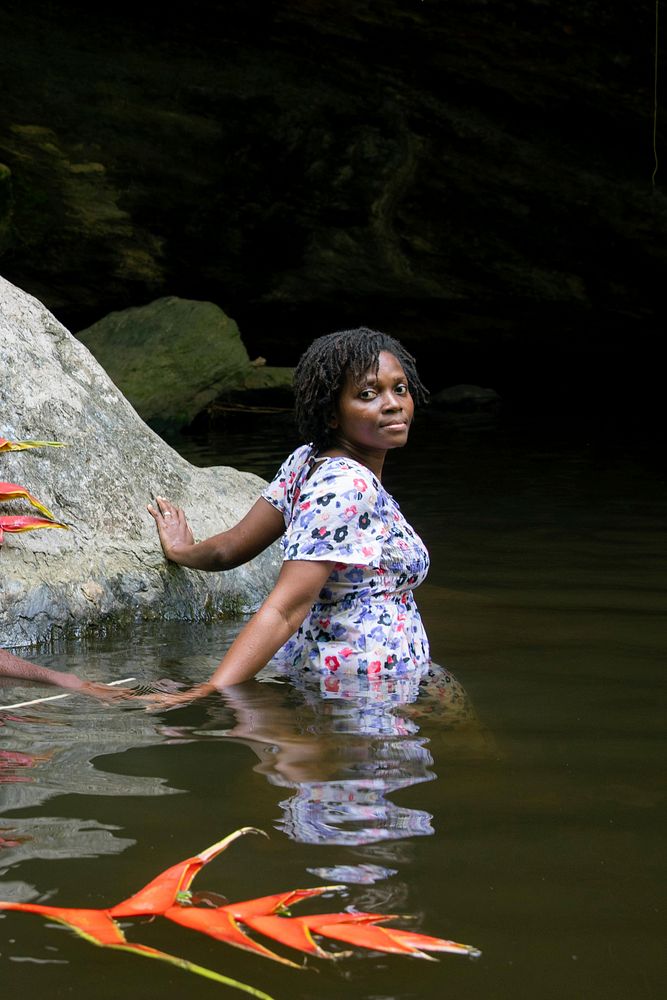
Aimée Abra Tenu Lawani
“A better world is one of peace, justice, equality, and friendly relationships among people in our communities. If we are committed, we can put in place projects to implement this vision and make it a reality. And in our daily activities, we can set an example. We can respect others, give value to local raw materials and ancestral traditions, and pay employees fairly.”
Aimée is a social entrepreneur committed to protecting the environment and uplifting Togolese craftsmanship. Her NGO STEJ Togo has been the catalyst for several enterprises including Zam-Ké, a line of accessories created from upcycled plastic bags, and Kari Kari Africa, which offers artisanal, organic soaps. Her endeavours also support a woman’s collective making shea butter and a farm dedicated to agroecology as well as to provide employment for inmates at local prisons.
What was the moment when you decided to make a difference?
Growing up, my dream was to be a journalist and when I was 13, I won a competition to present a radio program on children’s rights. Through this, I learned that there were many children who weren’t as fortunate as me. Very quickly I set up my NGO through which I have done many projects addressing recycling, drinking water quality and sanitation. I am surrounded by a great team of young people who understand the importance of coming together for a better world.
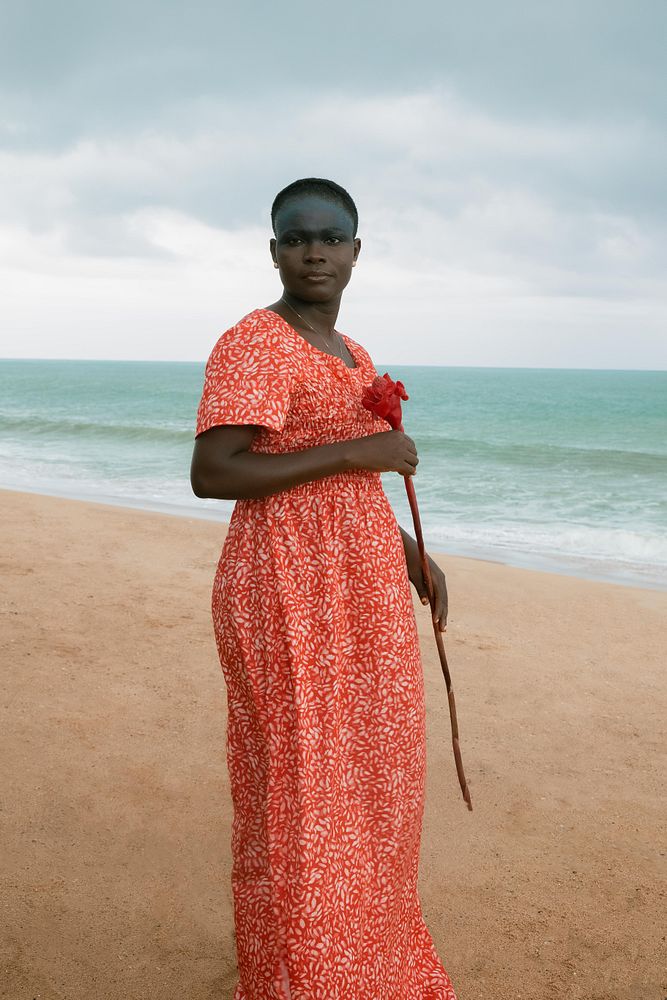
Adjowa Koufam
“A better world is one where public goods are managed fairly, where nature is restored to its full glory, and where we live surrounded by forests. My vision is to encourage everyone to take an interest in protecting nature.”
Adjowa is a civil servant working in Togo’s Ministry of Environment as well as the national secretary-general of the African Women's Network for Community Forestry Management (REFACOF). In addition, she has founded an association called “Women Committed to Local Development”. Throughout her career, she has been dedicated to fighting deforestation and global warming across Africa.
What do you do to make a change in Togo?
My contribution is to encourage women to take an interest in public affairs and in the management of the city through the protection of natural resources. Through my association, we also educate rural women about how to create community forests, which is a win-win because these forests allow women to finance themselves and improve the environment of Togo.
Togo has the highest number of women in management positions across Africa. Is this something you feel makes a difference?
Yes, it does. In recent times, the government has begun to entrust the management of our country to women. For example, the head of the National Assembly is a woman, and our prime minister is a woman. Female leadership is on the march in Togo.”
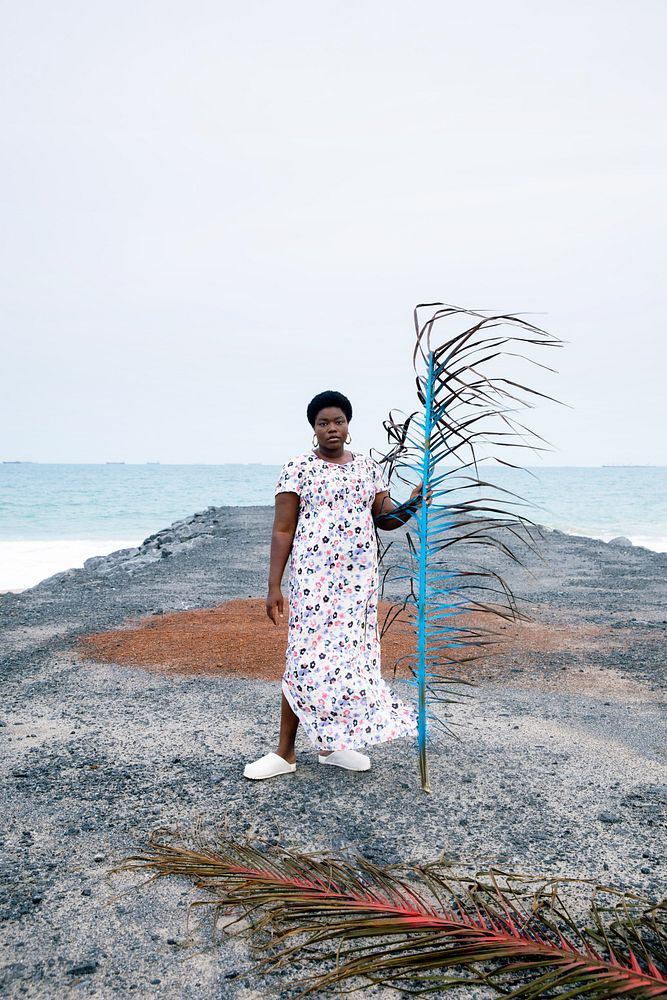
Afi Sitsofe Déborah Dali
“A better world is where there is love for one's neighbour and respect for each other. I would like everyone to realize that the environment is in danger and to take responsibility for it. Change starts with us. If you are authentic, live by your principles and are kind to people, then that can inspire others.”
Déborah is a medical student in her final year of studies. She gives her free time to the environmental club at her university, which goes into the local neighbourhoods several times a week to clean up the streets. She also visits schools to educate children about the use of plastic.
What was the moment when you decided to make a difference?
At school, everyone would make fun of me and call me ‘Miss Clean’ for always picking up litter. But once I got to university, I realized that our environment is really suffering and so that’s when a group of us created the environmental club. We organize ourselves to go out and clean up. We also encourage others to stop putting rubbish in the gutters, which prevents the water from flowing, and to throw away the artificial hairs that girls often use, which if not done correctly can become an obstacle for animals.
What is the biggest obstacle to change and how do we overcome it?
The biggest obstacle is mankind. Humans are the ones that caused environmental degradation. So, if we manage to change the society’s mentality and improve our behaviour towards nature, then we will succeed in changing the world.
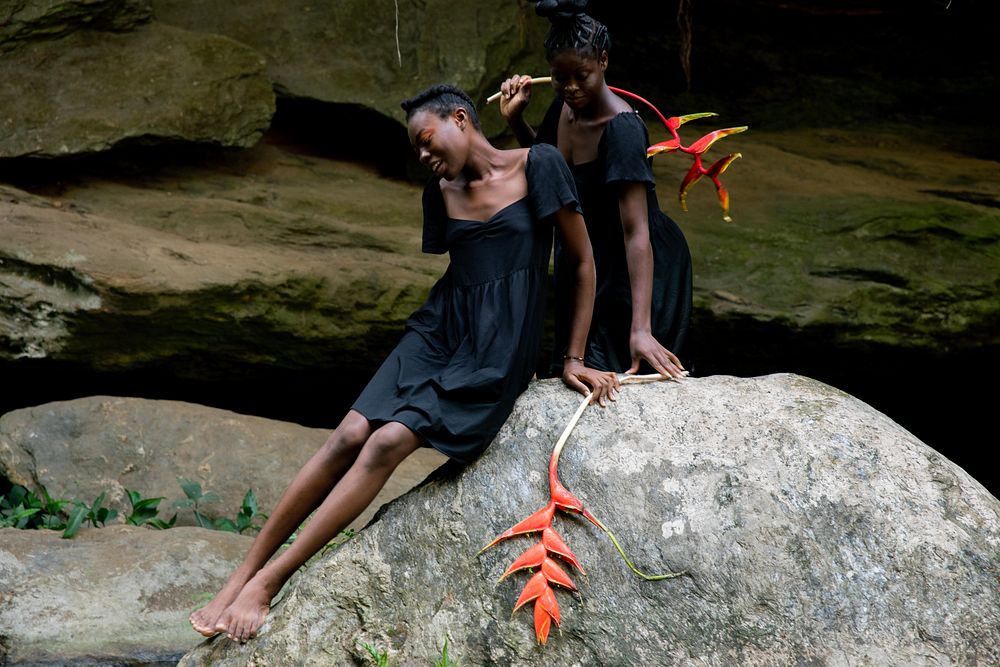
For high resolution footage of the ARMEDANGELS TENCEL™ Dress campaign, please follow the link below: HERE
Topics
- Fashion
Categories
- changemaker
- armedangels
- summer22 collection
- lenzing™ecovero™
ABOUT ARMEDANGELS
Since 2007 the Cologne label ARMEDANGELS has been proving that fashion can also be done differently: ECO & FAIR. No wage slavery, no chemical madness, no cheap mass goods. From the simple idea of printing on T-shirts and collecting donations for charity projects through sales, a company has grown that today is one of the largest ECO & FAIR fashion labels in Europe. With a 90-person team and four collections a year, ARMEDANGELS shows that sustainability and good product design are not mutually exclusive.
